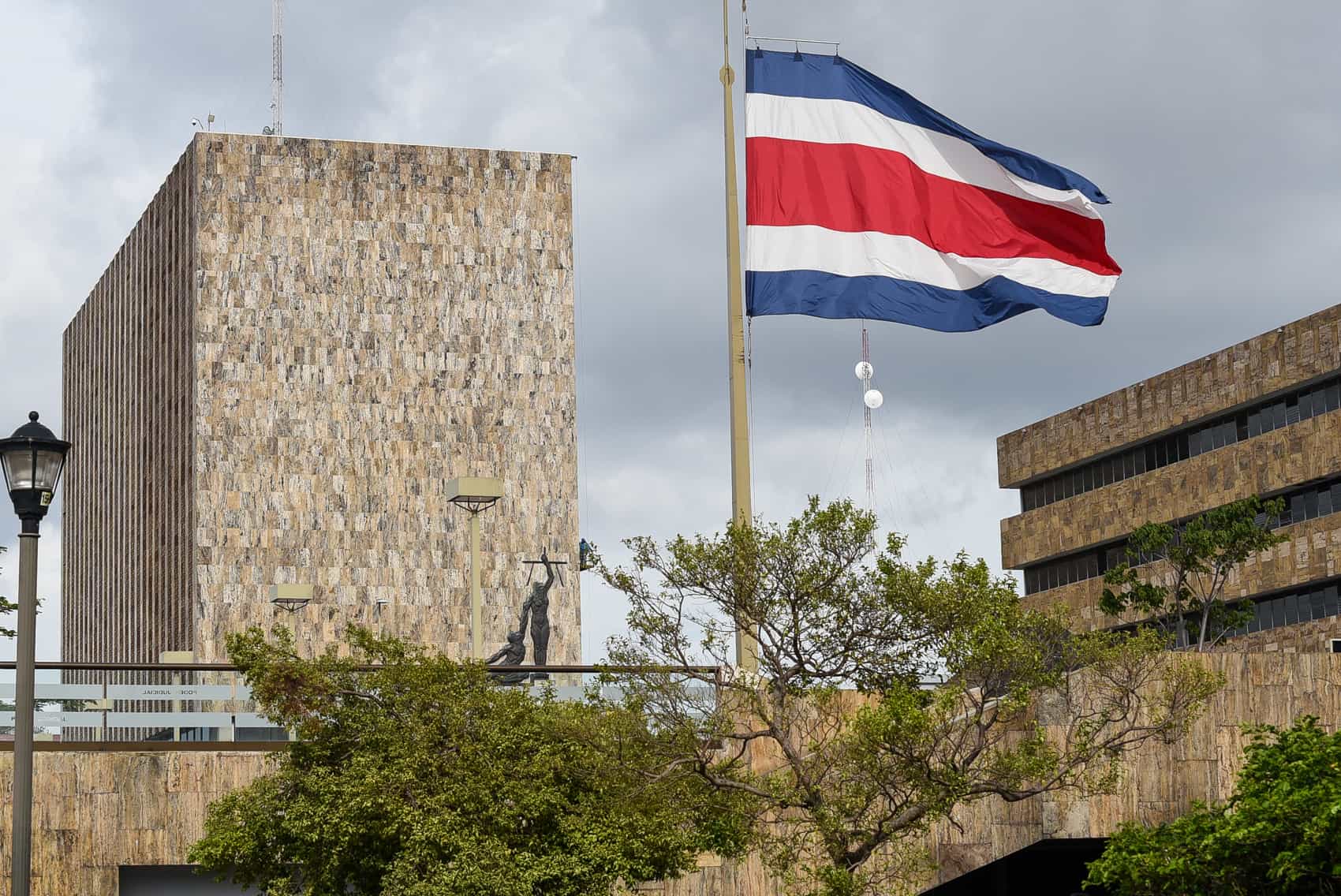Business leaders celebrated a court decision Friday that they say guarantees Costa Rica’s public hospitals, ports and electricity grid will continue to function even if public sector workers are involved in a labor dispute.
The ruling, from the Constitutional Chamber of Costa Rica’s Supreme Court, is the latest chapter in a legislative saga spanning two presidencies. At issue is a comprehensive labor law which, among numerous other provisions, would allow workers providing essential public services to go on strike.
The court, also known as Sala IV, struck down a December 2014 decision by President Luis Guillermo Solís to lift a prior veto of the law. The original veto came from ex-President Laura Chinchilla (2010-2014) in 2012.
Costa Rican law allows the president to reverse a former president’s veto under certain circumstances, but Sala IV ruled against Solís’ veto-lifting in this case on a technicality.
When Solís announced last year his intention to let the law go into force, he said the country’s labor laws were obsolete and that the urgency to update them was greater than the threat of strikes that could paralyze essential public services. These services include hospitals, emergency and police services, port operations, telecommunications, water and energy distribution, among others.
The reform dealt with a wide range of labor issues that even pro-business lobbies supported. Among the bill’s provisions were protections for pregnant women and employees who have filed sexual harassment complaints. The law also prohibited firing someone based on their religion, sexual orientation or ethnicity. It also included reforms to make the country’s labor courts more efficient.
Despite Solís’ support for the bill, he said last year that he didn’t agree with the provision allowing strikes that would jeopardize essential services, so he issued an executive order banning such strikes. Opponents weren’t appeased, saying the executive order would be trumped by the law.
The court’s decision Friday — in a 4-3 vote — was applauded by the business sector, which had vehemently opposed the labor reform, primarily because of the strike clause.
Ex-President Chinchilla also celebrated the court’s decision, calling it a win for legal certainty and guaranteeing essential services in Costa Rica during an interview with Radio Monumental. During Chinchilla’s administration there were several large public sector strikes, including a nationwide doctors strike in 2011 and another healthcare workers strike in 2013.
Ronald Jiménez, president of the Union of Private-Sector Chambers and Associations (UCCAEP), an organization that represents more than 40 private business chambers, said in a statement that he hoped lawmakers would take up the provision of the law that dealt with labor court reform.
Casa Presidencial released a statement Friday afternoon saying that the executive branch would respect the Sala IV’s ruling. Casa Presidencial said that it would continue to work with lawmakers to improve working conditions and modernize labor dispute resolutions.
Despite Solís’ decision to lift the veto, the law never actually came into force. It was set to take effect in May 2016.
The reform bill now returns to the Legislative Assembly for consideration.






